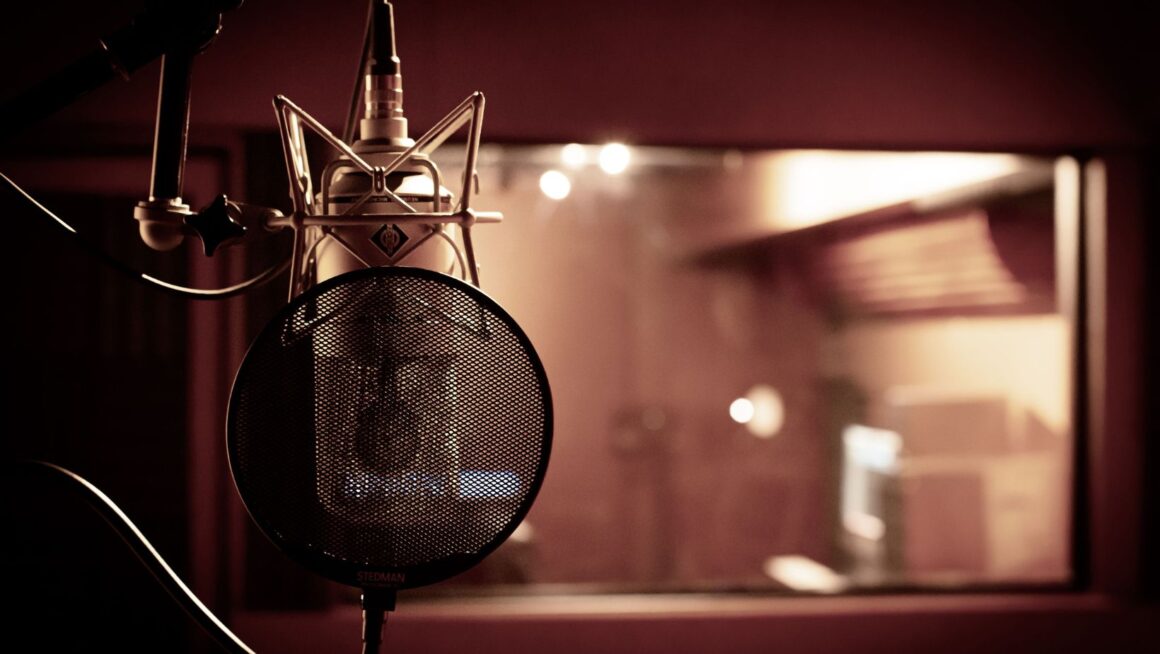The recording industry has witnessed numerous technological revolutions throughout its history—from vinyl to cassettes, CDs to digital downloads, and streaming platforms. Now, a new disruptive force has emerged: artificial intelligence. AI-generated music is no longer a futuristic concept but a present reality that’s challenging conventional notions of creativity, copyright, and commercial viability in the music world.
AI-based sound generation tools have evolved dramatically in recent years. What began as simple algorithmic compositions has transformed into sophisticated systems capable of creating complex, emotionally resonant pieces that can be indistinguishable from human-made music. These AI systems analyze vast databases of existing music to learn patterns, structures, and stylistic elements, then generate original compositions based on this learning.
How AI Music Technology Works
AI music creation is powered by advanced computational techniques that enable machines to understand and replicate musical elements. These technologies analyze vast amounts of data to learn the underlying structures and nuances of music, allowing them to generate original compositions.
The technology behind AI-generated music relies on several sophisticated approaches:
- Neural networks that process and learn from thousands of musical examples
- Machine learning algorithms that identify patterns in melody, harmony, and rhythm
- Deep learning systems that can mimic specific artists’ styles or create entirely new sounds
These technologies have reached a point where they can produce not just background music but commercially viable tracks. Some entertainment platforms, similar to how an Ice Casino might use technology to create immersive experiences, are already incorporating AI-generated soundtracks to enhance user engagement without paying traditional royalty fees.
The Economic Impact on Traditional Recording
The economic implications of AI music are profound. Traditional recording processes often involve substantial investments—studio time, session musicians, producers, and engineers all represent significant costs. AI can dramatically reduce these expenses, potentially democratizing music production by making it accessible to those without substantial financial backing.
For record labels, this presents both a threat and an opportunity. While AI might reduce production costs, it also lowers barriers to entry, potentially flooding the market with content and diminishing the value of their catalogs. The industry giants are responding by acquiring AI music startups and developing proprietary systems, attempting to maintain control over this emerging technology.
Copyright Challenges in the AI Era
Perhaps the most contentious issue surrounding AI-generated music involves copyright. When an AI creates a piece after being trained on copyrighted works, who owns the resulting composition? Is it the AI developer, the user who prompted the creation, or is there some claim by the original artists whose work informed the AI’s understanding of music?
These questions remain largely unresolved in legal frameworks worldwide. Some argue that AI-generated works should enter the public domain immediately, while others advocate for new models of shared ownership that acknowledge all contributors to the creative process.
New Revenue Models Emerging
The disruption caused by AI-created compositions forces the industry to consider new business models. Streaming services are exploring AI-generated personalized soundtracks that adapt to users’ activities or moods. This approach mirrors how entertainment platforms continuously innovate to maintain user interest, like how an online casino might develop new games to keep players engaged.

Some forward-thinking artists are embracing AI as a collaborative tool rather than viewing it as competition. They’re using AI to generate initial ideas, create backing tracks, or experiment with styles outside their comfort zone, then adding their human touch to create unique hybrid works.
The Human Element in an AI World
Despite technological advances, the human element remains crucial in music. While AI can create technically proficient compositions, many argue it lacks the emotional depth, cultural context, and lived experience that make human-created music so powerful. The most successful applications of AI in music currently appear to be collaborative, enhancing human creativity rather than replacing it.
Musicians are finding ways to incorporate AI into their creative process while maintaining their artistic voice. This hybrid approach is creating entirely new genres and pushing the boundaries of what’s possible in music production.
The Future Landscape of Music Creation
The integration of AI into music production is accelerating rapidly, transforming how music is created, shared, and experienced. As these technologies evolve, they set the stage for a more dynamic and inclusive musical ecosystem.
- Increased personalization of music experiences for individual listeners.
- More sophisticated AI tools are accessible to amateur musicians and producers.
- New legal frameworks specifically addressing AI-created content.
- Hybrid human-AI creative collaborations are becoming the norm.
These advancements promise to democratize music production, allowing more creators to bring their ideas to life. At the same time, they challenge the industry to rethink notions of authorship and creativity. Ultimately, the fusion of AI and human artistry will unlock entirely new genres and ways to experience music.
Navigating the AI Disruption: The Future of Music Production and Creativity
AI-generated compositions represent both a challenge and an opportunity for the recording industry. While it disrupts traditional production methods and business models, it also opens new creative possibilities and potential revenue streams. The most successful stakeholders will be those who adapt to this new reality, embracing AI as a tool while recognizing the continuing value of human creativity and expression.

The recording industry has survived and thrived through numerous technological disruptions. AI represents perhaps its most profound challenge yet, but history suggests that music will continue to evolve, finding new forms of expression that combine technological innovation with the uniquely human desire to create and connect through sound.

